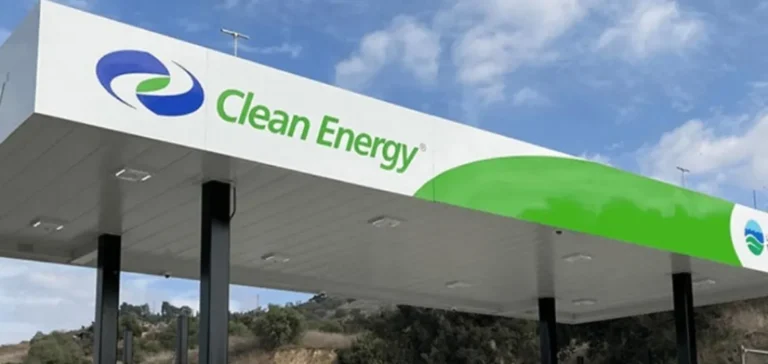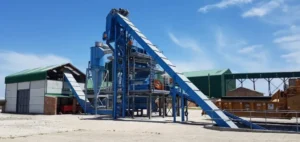Clean Energy Technologies, Inc. announced that the Vermont Public Utility Commission has cleared the next phase of the permitting process for its agricultural waste-to-energy project in Lyndon. The site, developed by Vermont Renewable Gas, LLC, a subsidiary of CETY Capital, aims to generate electricity from organic waste produced by local farming operations.
Green light for final permitting stage
The authorisation issued on October 1 allows the Vermont Renewable Gas – Lyndon (VRG-Lyndon) project to proceed to the public hearing and final scheduling stage of its Certificate of Public Good. This regulatory document is required for all major energy infrastructure developments in the state. The 2.2 MW facility represents a key step in Clean Energy Technologies’ strategy to deploy decentralised energy solutions using local organic resources.
According to the submitted filings, the facility will use pyrolysis and gasification technologies to convert agricultural waste into synthetic gas, which will then be used to generate renewable baseload electricity. Clean Energy Technologies, through its CETY Renewables division, is responsible for engineering, procurement, and construction (EPC) under a $12mn (AED44mn) contract.
Focus on energy efficiency and job creation
The company expects the project will contribute to reducing methane emissions from farms while also sequestering carbon dioxide through biochar production. The initiative complies with the state’s stringent air quality regulations and supports Vermont’s target of reaching 100% renewable electricity by 2035.
Once completed, the facility is expected to generate enough electricity to supply several hundred households, while supporting the regional agricultural economy. No specific timeline has been provided for the construction or commissioning of the site.






















